CONSERVATION ACTIONS IN AND AROUND PROTECTED AREAS
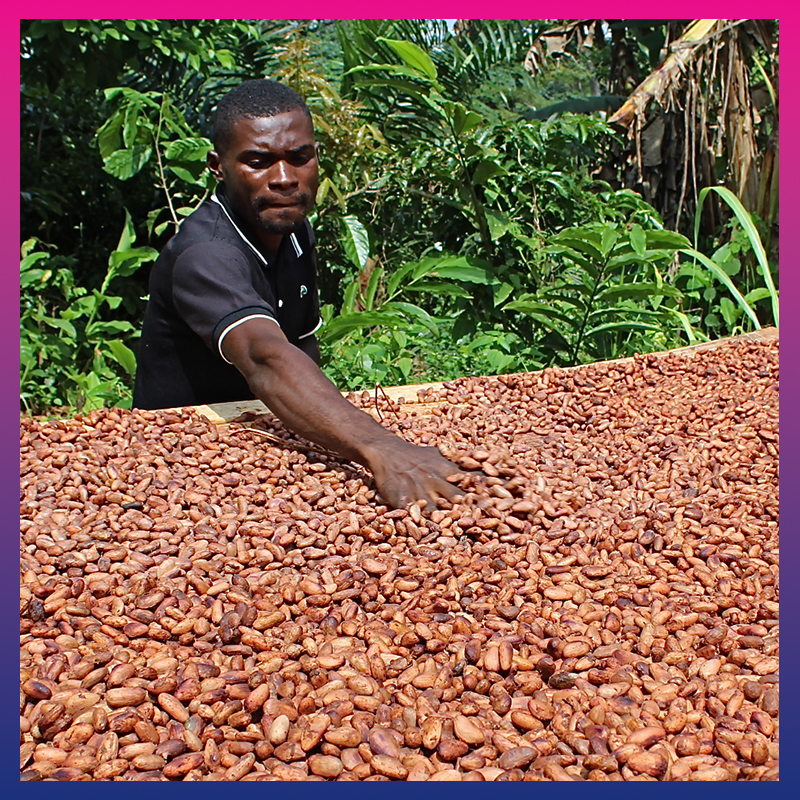
BIONAT: ORGANIC AND NATURAL PRODUCTS (CAMEROON)
The ambition of the BIONAT programme is to combine the conservation of biodiversity with the economic development of people living around protected areas in Cameroon.The approach aims to involve all local and national players with a role to play in the sectors identified, from collection and production to processing and marketing, as well as the management of areas and species.
About the project
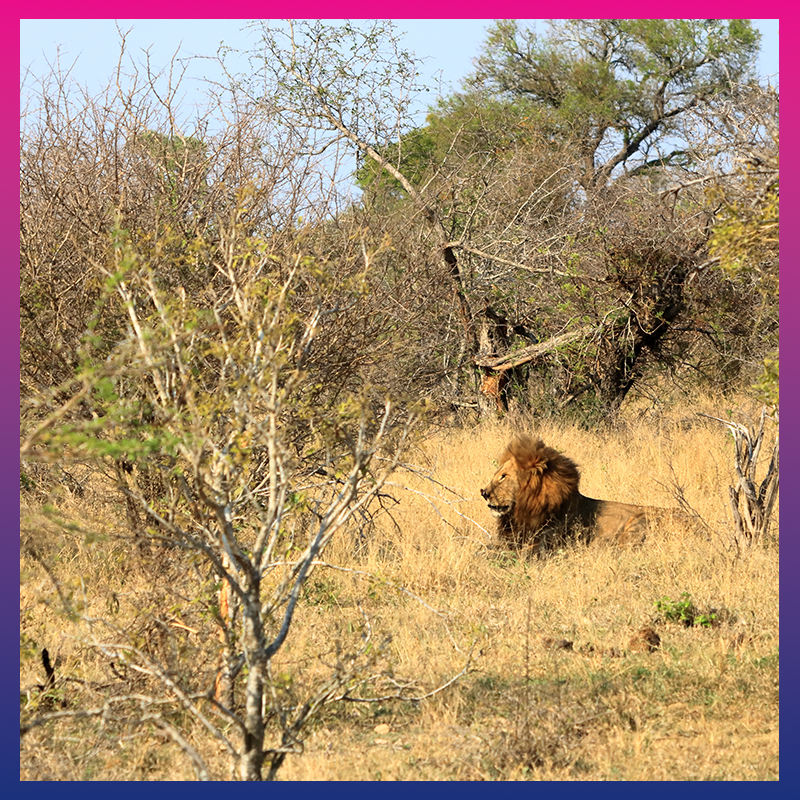
CASEVE : CAMEROON, THE GREEN AND RESILIENT NORTH
Noé is working on the outskirts of the Faro National Park in Cameroon to implement a comprehensive programme to preserve and enhance biodiversity.The overall aim of the project is to protect the natural heritage of the Faro landscape by reducing the direct and indirect pressures on ecosystems and wild species in the landscape, and to ensure that local residents are both stakeholders in and beneficiaries of this biodiversity enhancement. Noé works specifically with communities and private stakeholders who have a management mandate over more than 470,000 ha (areas of hunting interest).
About the project
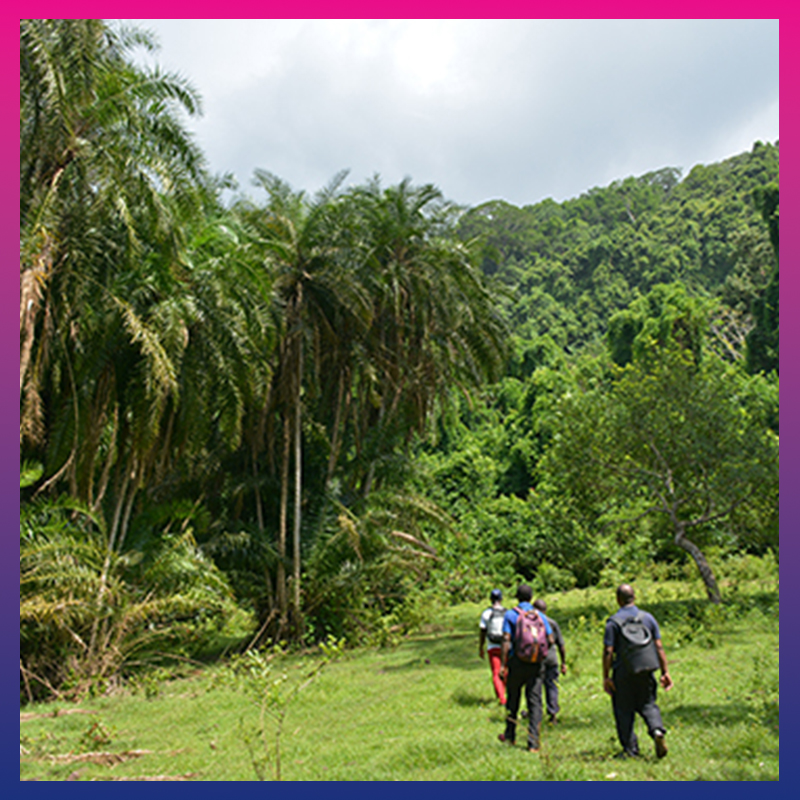
MOHÉLI NATIONAL PARK (COMOROS)
Located in the Indian Ocean, Mohéli is the smallest island in the Comoros archipelago, with a total land area of 290 km2. It boasts an incredible mosaic of ecosystems, including primary rainforests and dry forests, coral reefs and mangroves, and is home to an exceptional biodiversity! The island is unique in that ¾ of its territory is classified as a national park. Thanks to the determination of its inhabitants and those involved in the protected area, the island will be classified as a UNESCO biosphere reserve in 2021.The project to which Noé has committed with the Moheli National Park is in line with the Park's mandate to develop the area under its protection in a sustainable way, combining nature conservation, economic development and improving living conditions for local communities.
About the project
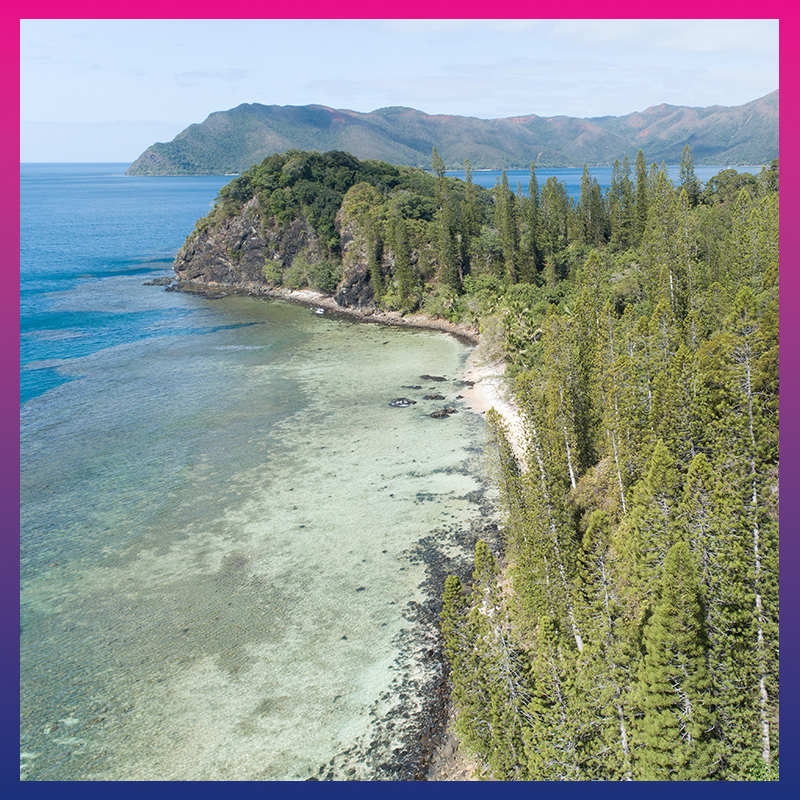
CONSERVATION AND RESTORATION OF THE CALEDONIAN FOREST
With more than 3,400 species of indigenous vascular plants, 76% of which are endemic, and a spectacular rate of degradation, New Caledonia is one of the world's 35 biodiversity hotspots (an area with a great wealth of biodiversity but particularly threatened by human activity).For over 10 years, Noé has been working to conserve threatened species of palm and conifer trees. Today, the programme is working to preserve their habitat: the rainforest. A functioning ecosystem provides shelter for a multitude of species.
About the project
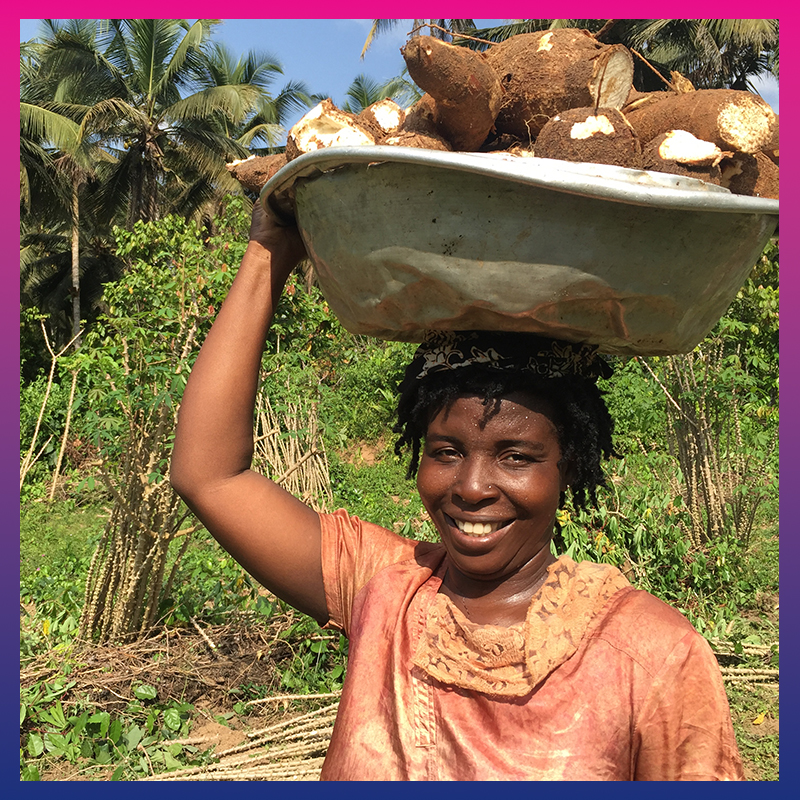
ECONOBIO : ECONOMIE AU SERVICE DE LA BIODIVERSITÉ (GHANA)
La finalité du projet est de proposer un modèle innovant de conservation de la biodiversité basé sur le développement de filières économiques, au bénéfice des populations locales qui vivent dans et autour de zones de haute biodiversité, au Ghana.Il s’agit de mettre l’économie au service de la protection de la biodiversité en encourageant des modes de développement durables, par la valorisation économique des ressources naturelles d’une part, et d’autre part en renforçant la gouvernance et la gestion communautaire de ces ressources.
About the project
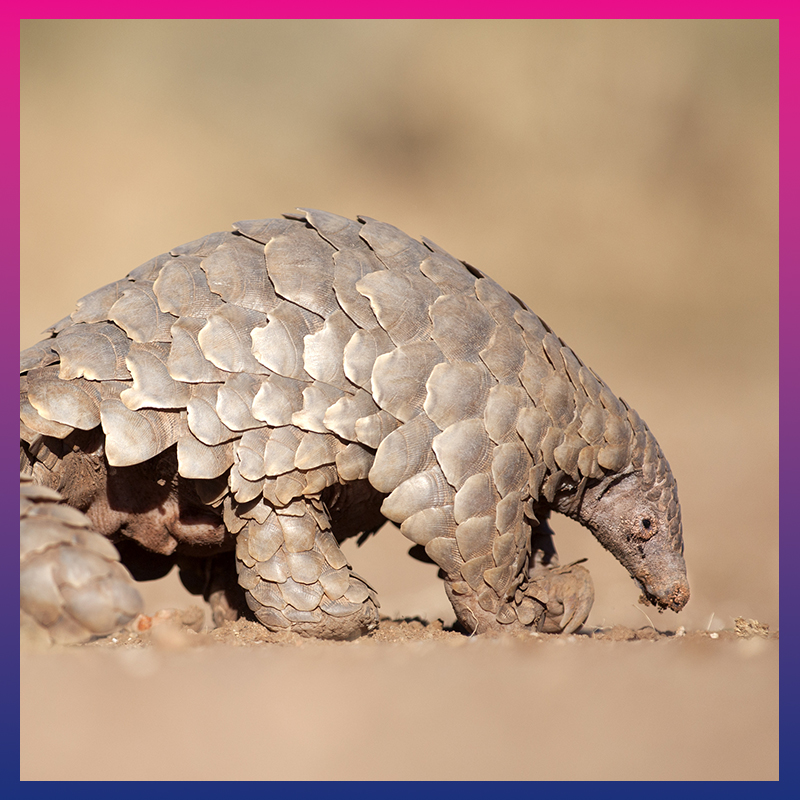
PROTECTING THE PANGOLIN IN THE MBAM AND DJEREM NATIONAL PARK (CAMEROON)
The Mbam and Djerem National Park has the greatest diversity of habitats of any protected area in Cameroon. Considered a stronghold for pangolins, the park is home to three species. However, the park is classified as an area of concern for their conservation. Heavily hunted for their scales, meat and protein, pangolins are threatened with extinction due to over-exploitation.The project on the outskirts of the park aims to raise awareness among local communities of the importance of the site as a biodiversity sanctuary, and to get them involved in protecting the park's species. Reducing the pressure on the forest and its resources by offering alternative livelihoods to illegal and unsustainable logging is at the heart of the project.
About the project
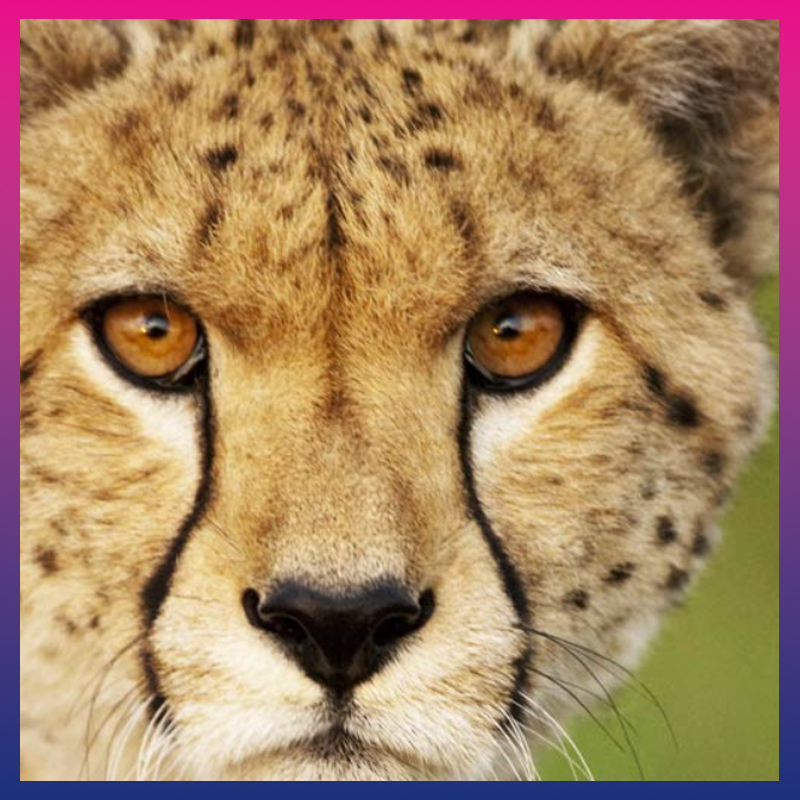
PARCS DE NOÉ
Parcs de Noé is a branch of Noé created in 2018. Its aim is to safeguard biodiversity through long-term public-private partnerships (mandates of 15 to 25 years), where Parcs de Noé provides day-to-day operational management and business planning and where governments retain ownership and responsibility for legislative and policy frameworks.Thanks to the financial support of the Agence Française de Développement and the European Union, and with the technical support of African Parks, a leader in this field, Noé is the only French NGO, and one of only five pioneering international NGOs in the world, to develop this approach in Africa. We are now present in Niger, Chad and Congo through the Noé Parks.
